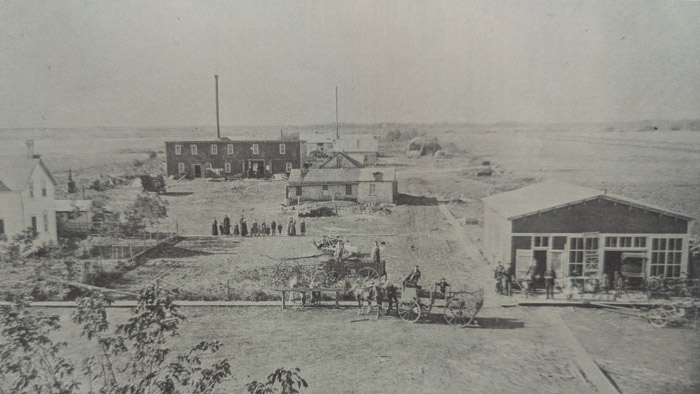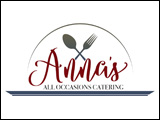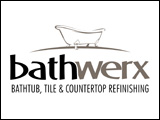Abraham S. Friesen is a name that should resonate with any long-time Steinbach resident. He and his children would go on to hold many prominent positions in the community and leave a legacy of businesses that lasts to this day. Abraham and Katharina were married in 1867 and travelled to Canada on the Hibernian along with 3 children and Katharina’s family in 1874. In Russia, Abraham had already established himself by not only farming, but also working as a glazier, providing machine and clock repair, and running a treadmill (an animal-powered mill).
After settling in Steinbach on Wirtschaft 13, Abraham was elected the village’s first schulz (mayor). By 1876, he operated the first threshing crew, as well as the first sawmill. The next year, he commissioned Peter K. Barkman to build the first windmill, which they converted to steam power after realizing the bushland blocked the necessary winds. It was in the 1890s that Abraham founded what would become one of Steinbach’s oldest extant businesses. His general store, door and window factory, and machine repair shop, “A. S. Friesen & Sons,” in partnership with sons Peter and Klaas, still exists today as Friesen Machine Works.
Katharina was known as a very pious woman who loved fancy things, but deferred to Kleine Gemeinde teachings on excess. She would sew lace onto her daughter’s petticoats, and then remove it when her conscience won out. She grew extensive gardens on her property and was known for her flowers. Both Katharina and Abraham were close friends with the British Clearspring settlers, and they moved from their Wirtschaft in 1895 to a farm on the settlement, where they lived until 1910. They returned to Steinbach to live in a house on Friesen Avenue, a street named after them, until Katharina passed away two years later. Shortly after, Abraham married Maria Ediger, a widow from Kansas. They soon moved to Oregon, where Abraham died in 1916.
Eldest son Abraham R. ran a general store in Steinbach and was postmaster. He was the first Kleine Gemeinde to be Secretary-Treasurer for the R.M. of Hanover. In 1907, his family moved to Dalmeny, SK., and then moved again in 1923 to Dallas, OR. In Oregon, they ran a plum orchard and box factory.
Son Klaas R. was an inventor and machinist who worked in the machine shop with his father, particularly on steam engines. He also did watch repair and served as a Kleine Gemeinde minister from 1918-1936. His brother Peter also worked in the shop, primarily on woodworking projects. His family moved back and forth between Steinbach and Dallas, OR, and in 1916 he served as Steinbach’s mayor.
Son Jacob R. married a daughter of Klaas W. Reimer, and ran a farm implement shop after beginning his career as a thresherman. He later opened one of the first rural Ford dealerships in Western Canada and was potentially the first automobile owner in Steinbach. He was later a Steinbach School District trustee and involved in civic leadership.
Daughter Helena married Klaas W. Brandt and together they ran a road and ditch-building business. Helena trained the cooks to feed the crew, and later ran Brandt’s Café in the 1930s – 40s. Daughter Elisabeth was a founder of the Kaffeekraenzchen, a “coffee corner” gathering for Steinbach women to gather and share conversation. She also led a Bruderthaler Church sewing circle.
For more information on the Friesen family, see Ralph Friesen, Between Earth and Sky, 116-124.




